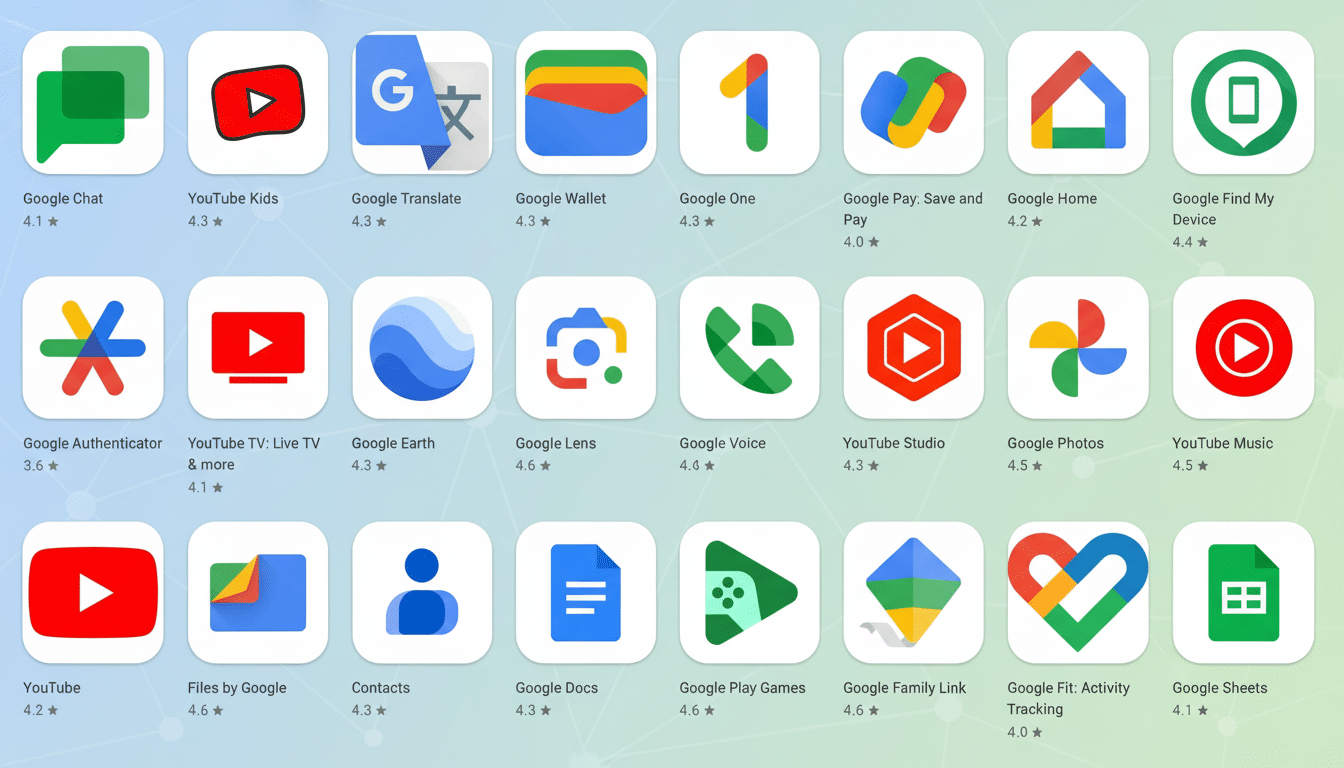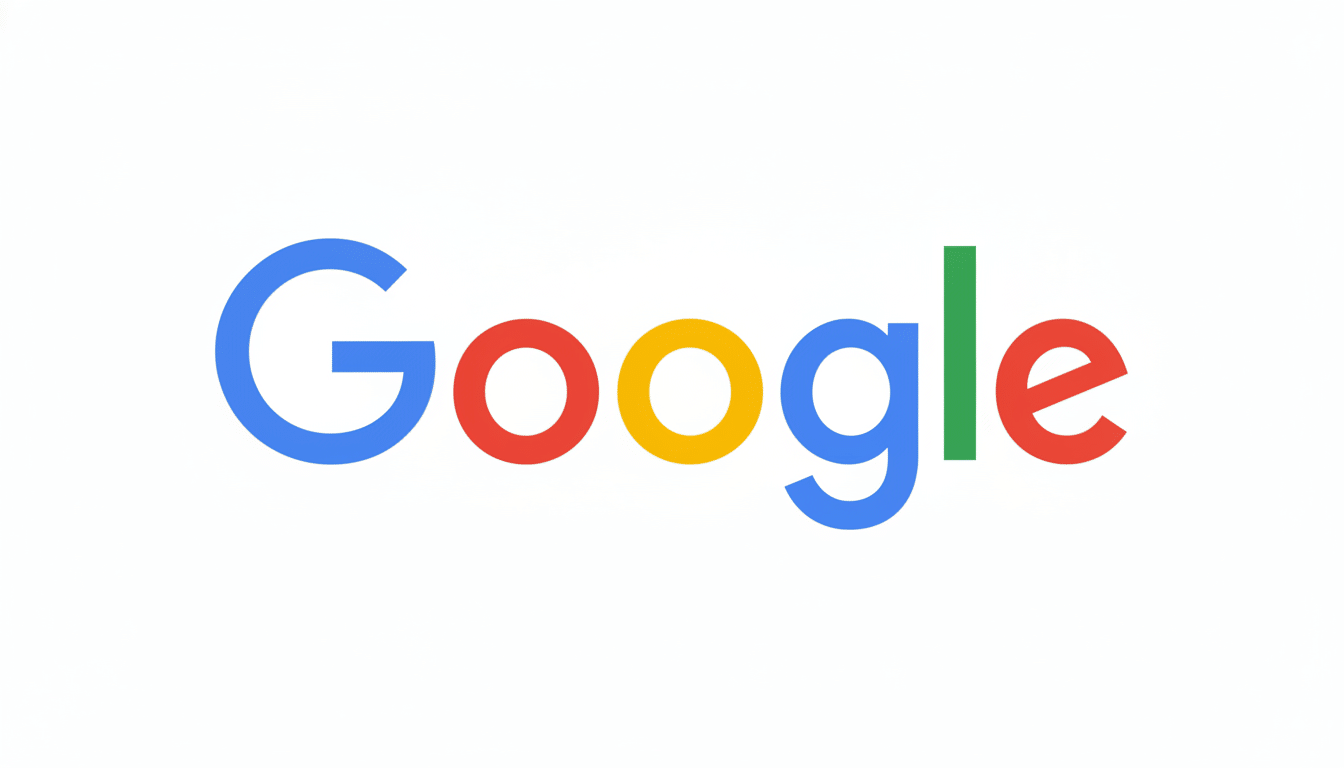Google’s AI assistant is set to receive a cleaner, more actionable home screen. An APK teardown of the most recent beta update to the Google app points to a redesign of the in-app settings interface for Partner Accounts, and probably also a new name to go with it.
A more task-first layout
In the Google app 16.35.63 beta, Gemini’s home screen ditches the smoking chips for huge, central shortcut buttons that float front and center above the input area. This reconfigured layout surfaces common use cases — to brainstorm, draft and analyze images, for example — in line with the quick-access design embraced by other AI assistants.

The input row itself also receives a new options button next to the existing “+” upload icon. They simply make it easier for you to access file attachments and settings without cluttering the typing space. It’s a small but significant change that eliminates a tap or two from common workflows.
Activity-specific recommendations
Beyond the layout, Google is testing on-page recommendations that appear in the middle of the home screen. It seems these are suggestions based on some kind of signals from your Google-using activity, and are meant to be context-cognizant jumping off points –“summarize my recent Drive notes,” “suggest a weekend trip to Denver,” “convert this image into a product description” kind of thing.
Since this is early-stage testing, behavior may change and the feature could be limited to account settings, such as Web & App Activity. If it ships more widely, expect clear controls and the usual privacy toggles Google links to personalization. The company has long had a similar stance across Search and Assistant history controls.
Updated area for connected apps was better
Gemini’s “Apps” space, the area where services plug into the assistant, also seems to be under construction. Test builds feature a cleaned-up top half which gets out of the way of integrations and capabilities more quickly, with less text density and visual noise. It makes sense as the Gemini ecosystem welcomes fixtures like Maps, YouTube, Drive, and Flights.
That reflects a larger industry being reshaped. OpenAI has focused on ensuring easy discovery for GPT-based tools, meanwhile Microsofts has made onboarding of Copilot’s plugins and connectors into your settings easier. A cleaner Apps page on Gemini should make it easier for new users to quickly find value without sifting through menus.

What the teardown says — and doesn’t
APK teardowns can show a feature hiding behind a server-side flag, but neither guarantee that it’ll change on your device or APK’s timetable. Given that the redesign is already being shown to some users and that we’re now seeing assets, a release sometime in the coming weeks is impending (5/15 10:00 ET), with Google still able to halt or change direction with this feedback.
It is remarkable in scope. Gemini mostly travels within the Google app, which has billions of installs on Android, so even minor shifts in UI can affect a huge slice of the world’s internet users. As a benchmark, consider that OpenAI represents that ChatGPT already has over 100M weekly active users, all of which is to say how interface changes in major AI products can shift behavior at scale very quickly.
Why That’s Important for Everyday Use
There’s no such thing as a first impression in the world of artificially intelligent assistants like Apple’s Siri or Amazon’s Alexa. By surfacing high intent shortcuts and context-aware recommendations to the center of the screen, Gemini lowers the cognitive burden and turns the “What should I ask?” moment less intimidating. And that can mean more, better sessions — particularly on the go, where attention is most lacking.
Personalized prompts also push Gemini closer to the ideal of a proactive companion rather than a passive chatbot. Then, if the assistant can predict your next task and intelligently dole out relevant reminders, it can shorten the loop from idea to action — whether you are composing a summary of a meeting, planning a trip to the grocery store or preparing for a talk.
How to try the new look
At the moment, the redesign is limited to a select few users and only appears to be available in the most recent beta build of the Google app, albeit by way of server-side switches that Google seems to be testing. If you join the beta and make sure your app is up to date, you could increase your chances of seeing it, but there’s no toggle to force-enable the changes. Anticipate a staged rollout if Google is pleased with its internal metrics.
Bottom line: the new home screen, the activity-based recommendations, the cleaner Apps hub—these are all signs of an assistant that’s faster to start, easier to trust, and more tightly integrated with the services people already use. If the testing pans out, that means the Gemini you crack open any time soon could feel more measured — and more functional — from the very first tap.

